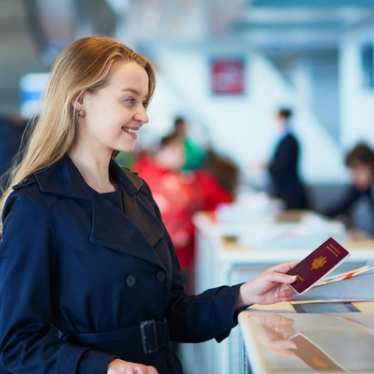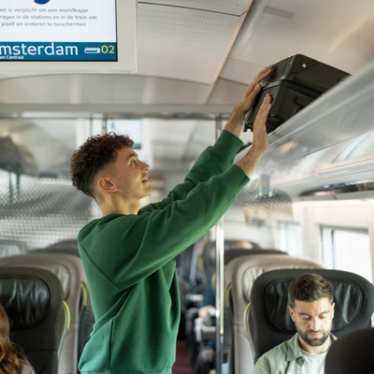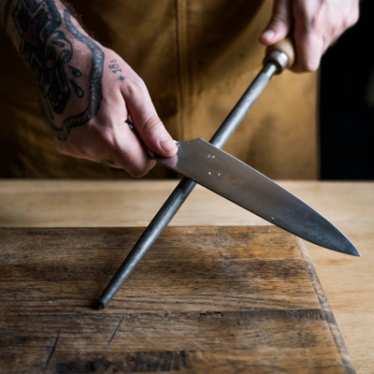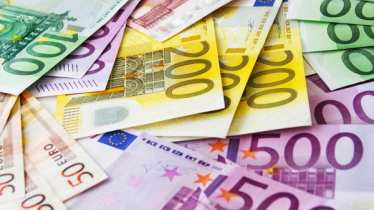
- Travel info
- Your trip
- Customs
Customs


Important:
This info doesn’t apply when travelling between Belgium, France, the Netherlands, and Germany.
Customs regulations and checks
Here you'll find everything you need to know about customs regulations when travelling between the UK and Europe.
Please check our prohibited items page before travelling.
Declaring cash
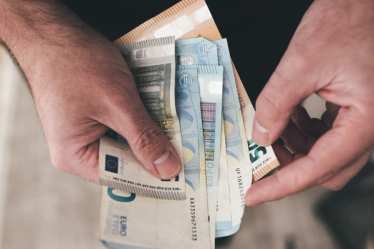
If you're carrying cash of €10,000 or more (or the equivalent amount in another currency), you must declare it to EU customs and complete an EU Cash Declaration Form.
Cash you must declare includes:
- Banknotes and coins
- Bearer negotiable instruments (eg. cheques, travellers’ cheques, promissory notes and money orders)
- Gold coins, bars, nuggets or clumps

You must declare cash of £10,000 or more to customs when entering or exiting the UK.
If you’re travelling as a family or group with more than £10,000 in total (even if individuals are carrying less than that) you still need to make a declaration.
Cash you must declare includes:
- notes and coins
- bearer bonds
- cheques and travellers’ cheques
Declaring goods
DECLARING GOODS PURCHASED IN THE UK WHEN ENTERING THE EU
There are limits to what you can bring into the EU duty-free. EU countries may apply different limits, so make sure you check before you travel. If you exceed the duty-free allowances, you’ll need to declare your goods and pay VAT and customs duties.
Important: French and Belgian customs officials will be on board some of our trains to enable declarations and carry out random checks.

- What’s my duty-free allowance?
Check the French Customs website (opens in a new tab) for the full details.
- Customs checks
When you arrive at Paris Gare du Nord, you may see French customs officers on the platform carrying out routine checks.
If you’re travelling to Lille, there will be a designated area where you can declare your goods at the station. Please listen carefully to onboard announcements and look out for station signs when you arrive at your destination for more information.

- What’s my duty-free allowance?
Check the Belgian Customs website (opens in a new tab) for the full details. Skip to the section ‘What can you buy in duty free shops in a non-EU Member State?’.
- Customs checks
When you arrive, you may see Belgian customs officers on the platform carrying out routine checks. If you’re taking a connection, please allow at least 30 minutes to make your onward train.

- What’s my duty-free allowance?
Check the Dutch Customs website (opens in a new tab) for the full details.
- Customs checks
If you're travelling to Amsterdam or Rotterdam, there may be customs officials on board carrying out checks during the journey.
DECLARING GOODS PURCHASED IN THE EU WHEN ENTERING THE UK
There are limits on what you can bring into the UK for personal use or as a gift without paying tax and duty charges. You can find out more about the limits on the UK government website (opens in a new tab).
If you bring goods which exceed these limits:
- you’ll have to pay duty and/or tax on all goods in that category, not just the value above the allowance;
- you must make a declaration and pay any tax and duty before entering the country. You can do this up to 5 days before you travel on the UK government website (opens in a new tab).
- your goods may be seized and you might be fined if you fail to make a declaration.
Important: please read our alcohol policy if you’re planning to carry alcohol on board.
Alcohol and tobacco
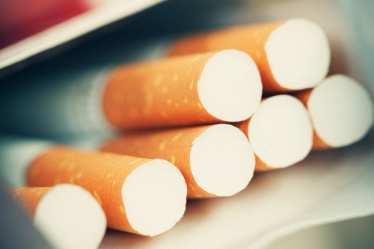
There are limits on how much tobacco you can bring into the UK for personal use or as a gift without paying tax and duty charges.
The duty-free tobacco allowance for customers aged 17 or over is:
- 200 cigarettes or
- 100 cigarillos or
- 50 cigars or
- 250g tobacco or
- 200 sticks of tobacco for electronic heated tobacco devices
You can split this allowance - so you could bring in 100 cigarettes and 25 cigars (both half of your allowance).
If you exceed these limits, you must make a declaration and pay any tax and duty before entering the country.
You can check allowances and make a declaration on the UK government website (opens in a new tab).

Customers aged 17 or over get a duty-free tobacco allowance on products not intended for resale.
This allowance may vary depending on the EU country you’re visiting.
For the most up-to-date information, please visit the EU website (opens in a new tab).

There are limits on how much alcohol you can take between the UK and the EU. Please read our alcohol policy if you’re planning to carry alcohol on board.
Taking personal food, plant, and animal products from the EU to Great Britain
Milk, dairy products, and certain meats from the EU are temporarily banned due to a rise in foot and mouth disease cases in mainland Europe. Please check GOV.UK (opens in a new tab) for more info.

You can take the following with you into Great Britain from the EU for personal use:
- Fish
- Poultry, for example chicken, duck, goose and any other products made from these meats
- Other animal products, for example, eggs and honey
- Fruit
- Vegetables
- Nuts and seeds
From 12 April 2025, you cannot take the following with you into Great Britain from the EU for personal use:
- Milk
- Dairy products
- Certain meats
These temporary restrictions are due to disease outbreaks (including foot and mouth disease) in mainland Europe. Please check what you’re allowed to bring on GOV.UK (opens in a new tab).
Find out more about bringing food into Great Britain from the EU (opens in a new tab).

Regulated plants, including houseplants and cut flowers, need to meet plant health control requirements which may vary depending on the category the plant falls into.
Plant health controls may include one or more of the following requirements:
- a phytosanitary certificate
- pre-notifying the Animal and Plant Health Agency (APHA)
- plant inspection
Find out more about bringing plants or plant-based products into the UK. Houseplants fall under the category “plants for planting” on the UK government website (opens in a new tab).
If you need additional guidance about bringing produce or plants into the UK, please contact the Animal and Plant Health Agency (opens in a new tab).
Taking personal food, plant, and animal products from Great Britain to the EU
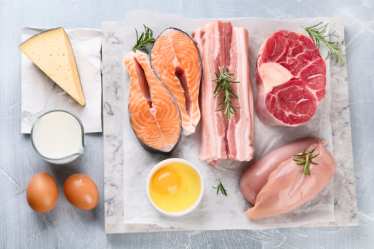
You cannot take the following with you into the EU:
- meat or products containing meat
- milk or dairy products
There are some exceptions, for example certain amounts of powdered infant milk, infant food, or pet food required for medical reasons.
Check the rules about taking meat and milk products into the EU on the European Commission website (opens in a new tab).
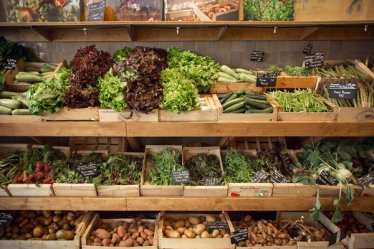
You cannot take the following into the EU unless you pay to have them inspected before you leave and get a ‘phytosanitary certificate (opens in a new tab)’:
- fresh fruit (except bananas, coconuts, dates, pineapples and durians)
- vegetables
- plants
- plant products
Check the rules about taking fruit, vegetables and other plants or plant products into the EU on the European Commission website (opens in a new tab).

Sandwiches and snacks intended for consumption during the journey can include fruit, vegetables, meat or dairy products.
Claiming VAT on purchases made in the UK
The UK no longer operates tax-free shopping and travellers visitors to the UK are will no longer be able to purchase items in store tax-free products to carry back in their luggage, under the VAT Retail Export Scheme. Find out more information (opens in a new tab)
Claiming VAT on purchases made in the EU when travelling from the EU to the UK:
Non-EU residents may be able to claim back VAT on purchases made in the EU from retailers that are part of the VAT refund scheme. Please note the minimum qualifying amount may vary by country.
You will need to show your purchases, receipt, passport and completed VAT refund form in your name to customs officers at the station to get your VAT refund form stamped. The customs office can be found after passport and luggage checks in Paris Gare du Nord, Lille Europe, and Brussels-Midi/Zuid. Please arrive at the station a little earlier than usual if you plan to claim a VAT refund.
Important: VAT refunds are not issued by the customs office. The retailer is responsible for issuing the refund.
We strongly recommend that you choose the “card refund” option at the time of purchase. If you do, your refund request will be sent automatically to the retailer once your VAT refund form has been stamped by customs. You won’t have anything else to do.
For any other refund methods, you will need to send the retailer the stamped VAT refund form.






